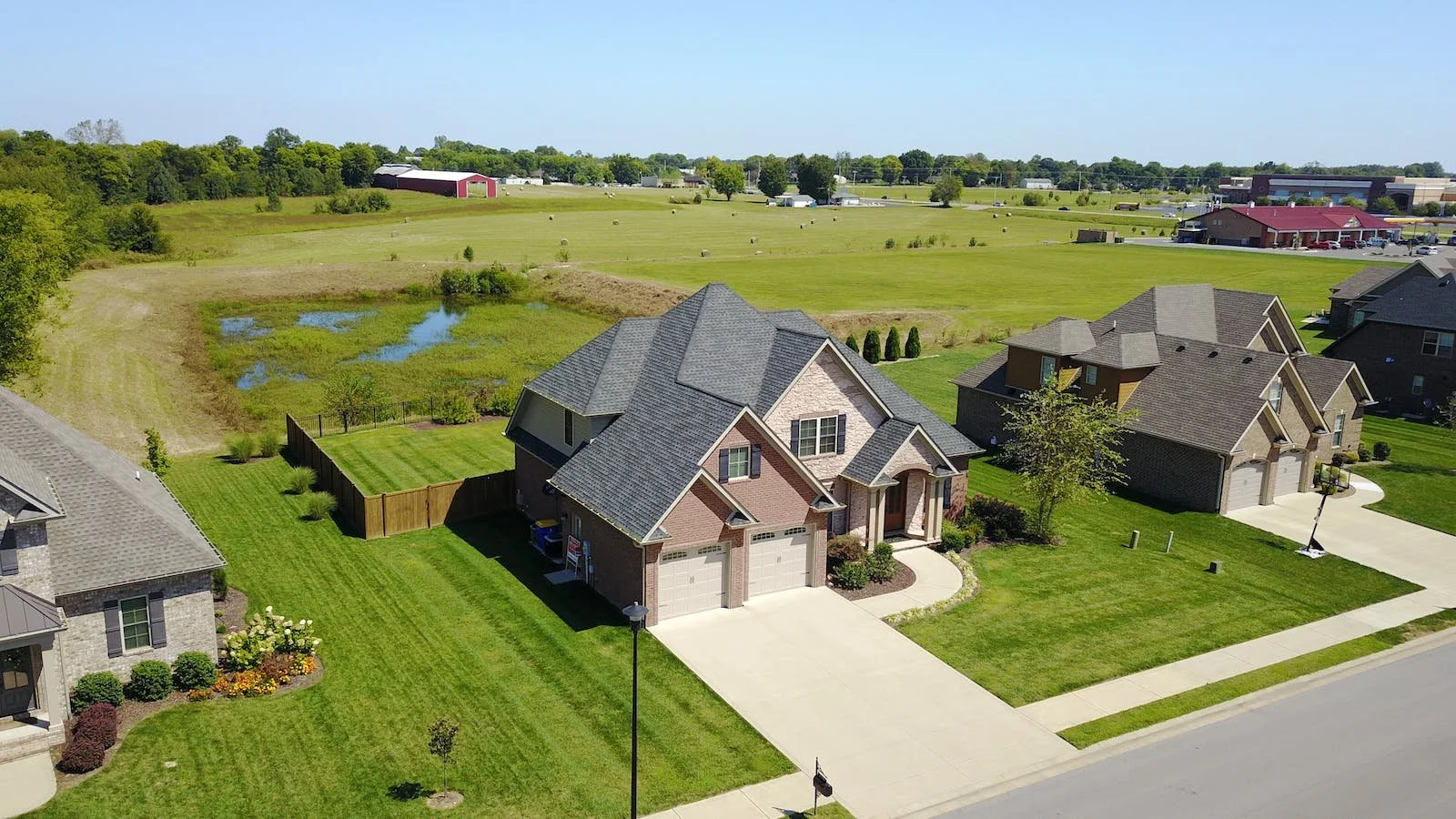How Blockchain And NFTs Could Revolutionize Real Estate Investment
Property has been a solid investment for as long as we’ve had houses. However, owning, developing or managing rental investments and flipping houses takes a significant amount of finance, whether from a bank or other mainstream lender or private investor. Investment funds have allowed small investors to get involved in more significant projects, contributing a smaller stake to the overall commitment.
Until recently, the legal and financial processes of property ownership and trading have been cumbersome and drawn out. But as we enter the Web3 era, there’s a new option shaking up the system, making it safer and easier to track and reduce the lengthy timescale of such transactions.
Using NFT smart contracts and remote meetings, real estate purchases can happen in minutes, not months, with investments agreed upon and underwritten with a few clicks on a smartphone.
Web3 And NFTs: The Latest Property Trading Disruption
If you’re over 40 or so, you’re probably already resigned to the lengthy system for buying real estate that requires banks, solicitors, agents and many intermediaries to validate every stage of finance and registration via extensive paper-based communications, from funding approval to signing the papers.
If you’re part of Gen-Z or Gen Alpha, though, you’re probably astounded by such antiquated nonsense. You can buy your groceries, cars, holidays, cryptocurrency, art investments—even a virtual plot of land in the Metaverse or an $8 million Lamborghini—with a couple of clicks, so why not a house?
With the latest technology, this new generation of investors may soon have their wish.
Blockchain Real Estate Sales Already Underway In The U.S.
Propy, a U.S. real estate platform specialising in blockchain and NFT, delivered the first official property sale using blockchain technology in 2021. While still in its relative infancy, the company is making significant progress, overcoming the legal teething problems and developing a usable system to define how the new era of real estate sales and transfers will operate.
Since then, there have been a few other NFT-based (subscription required) real estate sales, several of which also claim to be the first ever. Propy’s latest ground-breaking sale, which they claim is the third worldwide, was completed within 24 hours, which included a digital auction once the NFT had been minted and its smart contract put in place.
A Pilot Blockchain Property Transfer In The U.K.
Years before these transactions, back in the U.K., the HM Land Registry took its first steps into blockchain to speed up transactions while also making them more secure.
According to the company, in March 2019, the sale of a semi-detached house in Gillingham, completed using traditional methods, took 22 weeks rather than the estimated six expected by buyer and seller. Using NFT technology, HM Land Registry ran a prototype sale via a group Zoom meeting that completed the same transaction in less than 10 minutes. Each step was automated, calling the next party into line when it was their turn.
From 22 weeks to 10 minutes: Why wouldn’t anyone want that? Now that we know this is possible, I believe it’s just a matter of time before it becomes a standard practice.
NFTs And Investment Funds
We’re starting to see where tech is taking real estate purchases, including NFT property sales, but how does that affect investment funds? One way might be utilizing fractional ownership (FO), and another would be decentralized automated organizations (DAO).
Fractional ownership of real estate has fewer legal hoops to jump through using blockchain and NFT than a single property sale. Homeowners, agents or developers might sell shares in their property or development to a range of investors as individual tokens without needing costly middlemen. Each token would represent a percentage of the total fund, with smart contracts automating payment of profits splits, rental incomes and dividends. This could be a new opportunity for investors with limited start-up capital, while those with deeper pockets could easily split their portfolios far and wide.
Decentralized automated organizations raise and invest capital into projects that will ideally provide a return on said investment—like a venture capital firm. However, unlike with VC, each shareholder has a voice and a vote, and it’s all managed through NFT smart contracts.
DAOs are available to anyone with any amount of capital to invest, not just fat cats and sophisticated investors. Shareholders make decisions instead of fund managers, and assets aren't locked in for lengthy terms. DAOs are simple to set up, global and allow investors to trade their shares whenever they want while voting on all decisions. I believe this could soon become investment funding for the masses.
NFT Funding: An Alternative To Traditional Mortgages?
As blockchain technology moves nearer mainstream, it offers an opportunity for funding property purchases. As with fractional ownership, a buyer could source their selection of investors, dealing directly with them via blockchain and detailing the repayment terms and schedule in an NFT-based smart contract. Payments would be transferred via blockchain proportionally to each investor's initial contribution. And with legal transfers managed through the smart contract’s automated processing, the need for intermediaries to take a cut is significantly reduced.
The New Era Is On Its Way—Ready Or Not
There’s a lot to unpack with any new technology. But given the growing security and acceptance of cryptocurrency, blockchain and NFT sales happening around the globe, I believe that buying, selling and investing in real estate via NFT is only a matter of time. It’s lightning fast, cheap and far less prone to fraud. Whether you're a small-time hopeful or a giant investor, your investment pool just got bigger, faster, fairer and far more exciting.

